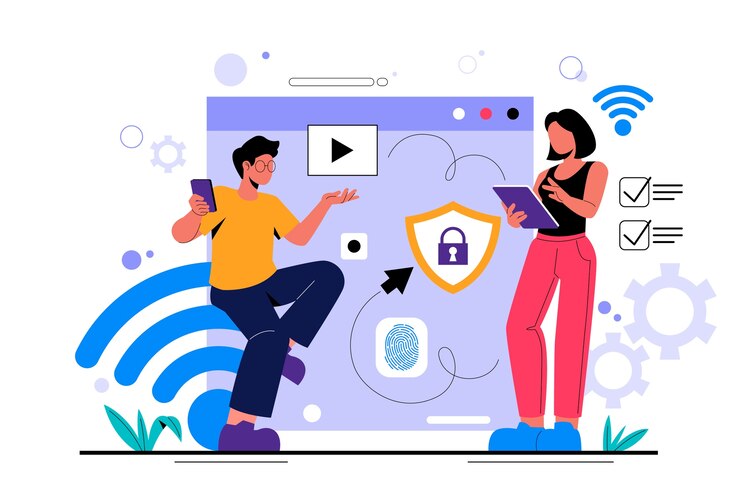The Impact of Technology on Vocational Education: Trends to Watch
- Home
- Blog Detail
- 16 Aug 2024
The educational landscape is changing dramatically in this age of rapid technological innovation. These technological advancements are especially beneficial to vocational education. In order to improve learning experiences and results, Guru Kashi University is at the forefront of incorporating state-of-the-art technology into our vocational programs. Here are some major developments in the way that technology is affecting vocational education to keep an eye on.
- Online courses and e-learning platforms: The delivery of vocational education has undergone a radical change with the emergence of e-learning platforms. With the flexibility and accessibility of online learning, students may learn from anywhere at any time and at their own speed. These platforms frequently have interactive elements that improve learning, like simulations, tests, and movies. We at Guru Kashi University provide a variety of online vocational courses that are made to fit industry requirements and give students real-world experience.
- Virtual Reality (VR) and Augmented Reality (AR): By offering immersive learning environments, VR and AR technologies are revolutionizing vocational training. With the use of these technologies, students can hone their skills in a virtual setting that closely resembles actual situations. VR, for instance, can be utilized to replicate intricate equipment functions, giving students hands-on exposure without running the danger of getting hurt. By superimposing digital data over the real world, augmented reality (AR) can improve traditional learning materials and create a more dynamic and interesting learning environment.
- Artificial Intelligence (AI) and Machine Learning: To tailor learning experiences, AI and ML are being incorporated into vocational education more and more. AI can analyze students’ learning patterns and provide customized recommendations to improve their understanding and performance. Additionally, AI-powered tools can assist in assessing student progress and identifying areas where additional support is needed. Guru Kashi University leverages AI technology to enhance our vocational programs, ensuring that each student receives tailored support to achieve their learning goals.
- Blockchain for Credentialing: Blockchain technology is emerging as a secure and transparent way to manage educational credentials. By using blockchain, vocational institutions can issue digital certificates that are tamper-proof and easily verifiable. This technology not only simplifies the credentialing process but also enhances trust between employers and graduates. At Guru Kashi University, we are exploring the use of blockchain to streamline the certification process and provide our students with verifiable credentials that are recognized globally.
- Internet of Things (IoT): The IoT connects physical devices to the internet, enabling them to collect and exchange data. In vocational education, IoT can be used to create smart classrooms and labs where equipment is interconnected and can provide real-time feedback to students. For instance, IoT-enabled machinery can monitor students’ performance and provide instant feedback, helping them to improve their skills. This technology enhances the learning environment and provides students with practical experience using modern tools and equipment.
- Big Data Analytics: Big data analytics allows vocational institutions to gather and analyze large volumes of data to improve educational outcomes. By analyzing data on student performance, institutions can identify trends and patterns that inform curriculum development and teaching strategies. This data-driven approach ensures that vocational programs are aligned with industry needs and that students are acquiring the skills that are most in demand. Guru Kashi University utilizes big data analytics to continuously refine our vocational programs and enhance the learning experience for our students.
Conclusion
Technology integration in vocational education is opening up new and exciting prospects for both teachers and students. Vocational schools may deliver more productive, efficient, and interesting learning experiences by embracing these technological developments. At Guru Kashi University, we're dedicated to using the most recent developments in technology to provide top-notch vocational training that equips our students for prosperous careers in the disciplines they choose.

